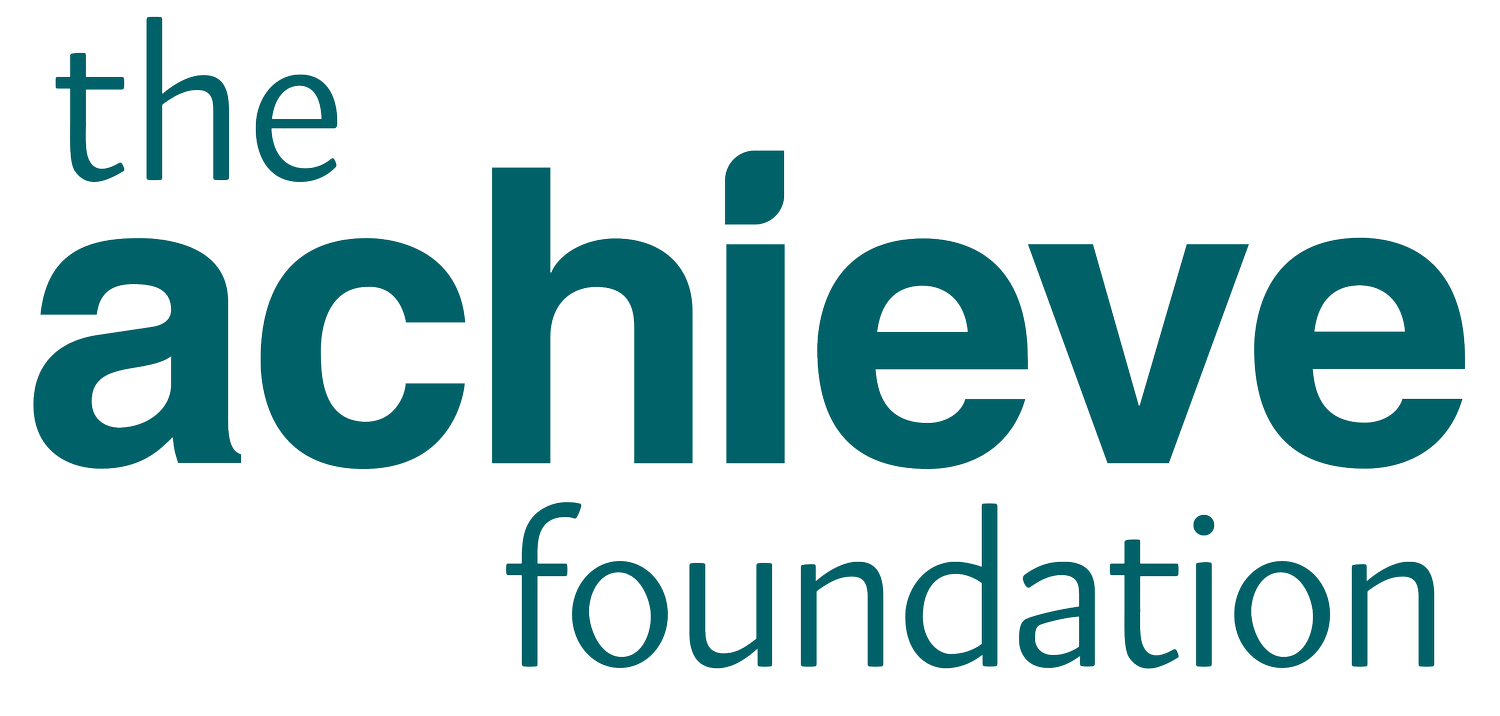
Inclusive homes
Everyone’s space needs to be made for them, even if they are sharing it with others. It’s about feeling valued and safe. A place where you belong.
We are working with everyone in the community so that they understand how important home is. We are particularly keen to hear what makes a difference for people with disability, because in the past housing was designed for people with disability but without their input.
And that means understanding that being ‘at home’ for people with disability is not just adding ramps or rails - it’s about including the needs of people with disability from the very first stage of planning.
The Achieve Foundation is focused on housing for people with disability which considers:
Who you live with
Where your home is located
How your home is connected to things like community spaces and transport
What your home looks and feels like
How your home suits your needs
Current housing projects
Mapping Specialist Disability Accommodation in NSW
With researchers from the UTS School of Built Environment, this is helping answer questions about how people with intellectual disability’s experience of community differs from other people.
Specialist Disability Accommodation: The perspectives of people with disability on their homes, neighbourhoods and community participation
‘Inclusive cities’ means nothing if people with disability are not actively experiencing a diversity of local places and spaces in their daily lives.
Outcomes Measurement
A housing-focused tool that provides Specialist Disability Accommodation, Community Housing and service providers with benchmarked performance metrics.
Cohort Study
Tracking wellbeing outcomes across service providers in partnership with Inclusive Housing Australia.
Ageing in Place
Evidence-based practices for supporting identity of people with intellectual disability (PwID) whose familial connections have died.
"Australian philanthropy is ambitious but hasn’t unlocked its full potential to be a catalyst for change. The Achieve Foundation has a bold vision that philanthropy will work alongside leaders with disability striving for a society where people with disabilities are seen as full and equal citizens.”
– Deepak Dobhal
Supporting research
Supporting research ensures that funding solutions are sustainable, that planning and implementation are secure, and that funding sources and systems give people with disability more power. A solid evidence base will lead action, and address knowledge gaps.
The Case of the Missing Foundation(s)
Disability advocates have spent decades working to shift the conversation away from disability ‘types’ towards the barriers to inclusion. This study has found disability philanthropy remains highly specialised without any direct focus on inclusion.
Comparative Housing Models for People with Intellectual Disability
Moving from a mostly anecdotal understanding of client satisfaction, wellbeing and quality of life for people with intellectual disability living in congregate accommodation.
Quality Champions
The Quality Champions program gives people with disability a voice to express how formal disability services foster or hinder inclusion, to enable improvements in the services they receive.
Research in practice
Crowle Estate
The Crowle Estate is an apartment development located 13kms from the Sydney CBD. It was developed on the back of research, and feedback from the NDIS that highlighted preferences for housing for people with disability.
Achieve Australia provides high support to 36 people with disability in one or two-bedroom apartments that offer proximity to the local community and services, and easy access to public transport. Nearly 1,200 private renters and home owners also live there, interspersed throughout the development.
As well as physically accessible design, the location of the estate and its proximity to the local community, essential services and public transport is key to its role in supporting inclusion for all residents.
Read more: Innovative Housing Investment Offers Returns

